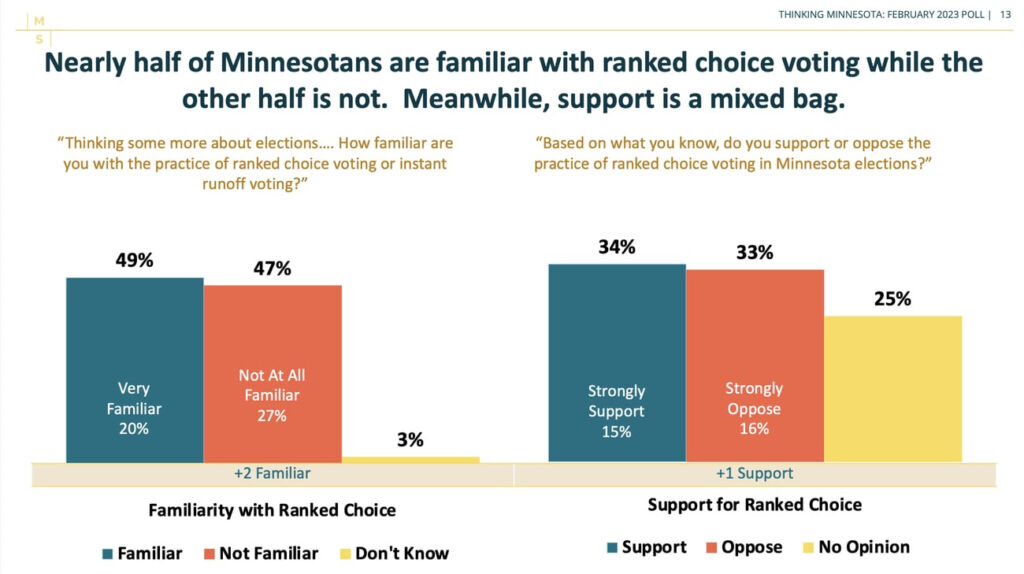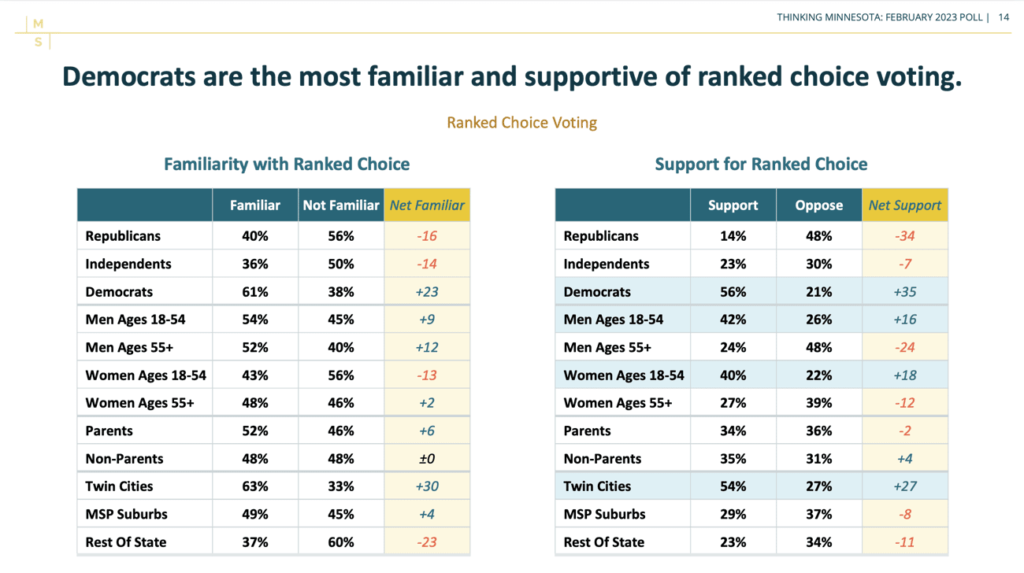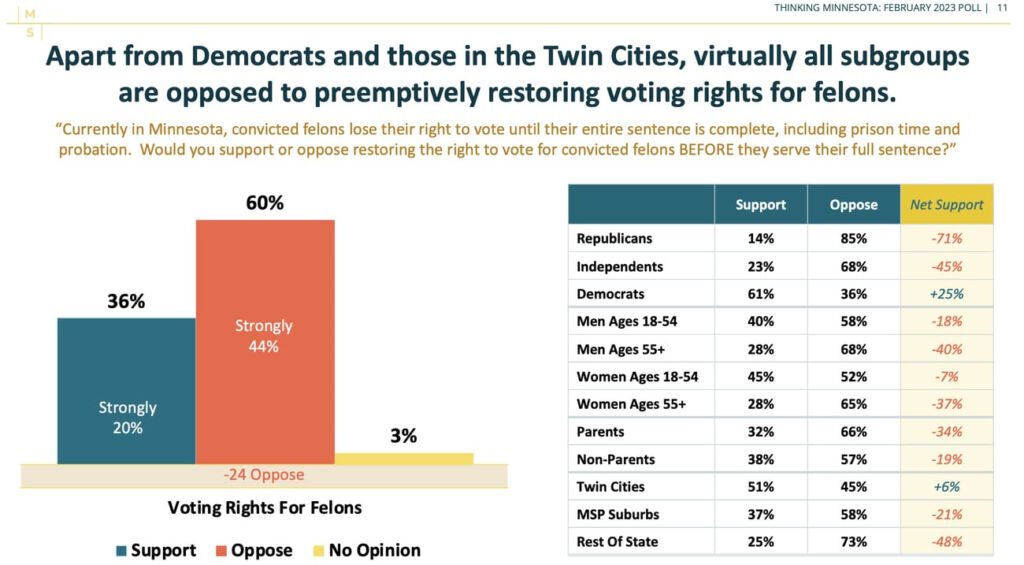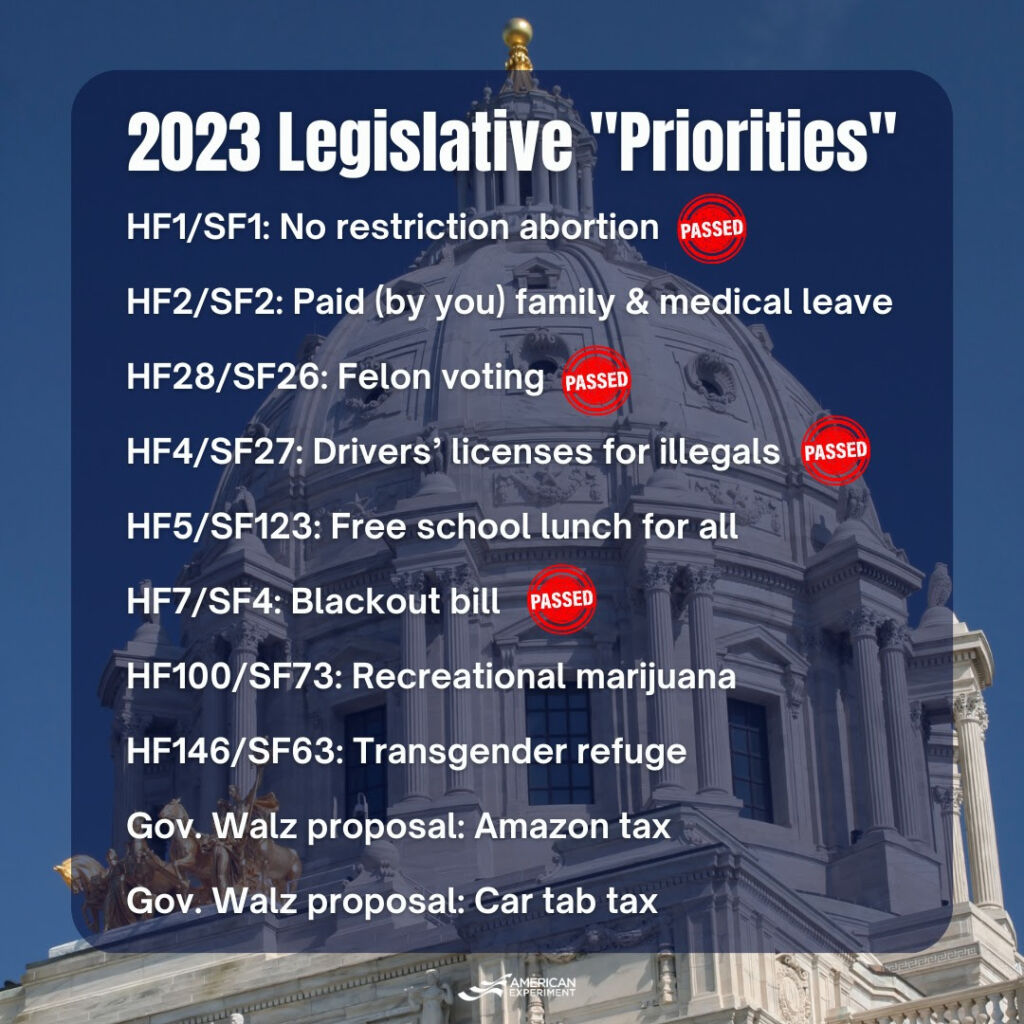Freedom Rally – Stop the Madness
It’s time to rally
We received an email recently from Julie B. who signed our petition on the car tab increase but wrote, “The petitions are not working. We need to think of something better to get their attention.” Julie’s email inspired us to organize a Freedom Rally at the State Capitol on Tuesday, April 4th at 11:00 am. Stop the Madness is the theme of the rally.
One-party control of the Minnesota legislature is quickly producing a leftist agenda that is completely out of touch with mainstream families. Tax increases, divisive school policies, felon voting, gun control, illegal driver’s licenses, abortion on demand, gender equity, paid family leave — Gov. Walz and his allies are using their one-vote majority to ram through this agenda in a process that favors raw political power over fairness and transparency. It’s time to push back! It’s time to stop the madness!
We need regular citizens to come to the Capitol while the House and Senate are meeting so legislators can see that not everyone in Minnesota is backing their extreme agenda. April 4th is the final committee deadline day and the last day before the legislature takes their Easter break. The Capitol will be full of legislators, lobbyists, interest groups and the press. The Freedom Rally will make sure the voices of ordinary citizens are heard loud and clear.
Join us on Tuesday, April 4th at 11 AM in the Capitol Rotunda
Speakers at the rally will include legislative leaders, radio personalities and leaders from the center-right coalition here in Minnesota.
RSVP on the Facebook event page and share our graphic to let your friends know you’re going!
Poll shows little support for ranked choice voting
As bills to dramatically change the way Minnesota conducts statewide elections using ranked choice voting begin to move through legislative committees, the latest Thinking Minnesota poll finds very tepid support for the concept. Less than half of Minnesotans (49%) are familiar with ranked choice voting, and only 34% said they supported the practice.

Adopting ranked choice voting for statewide elections would be a radical change to Minnesota’s voting system. As political pundit Blois Olson wrote this week, that change runs counter to Democrats’ normal view of our elections as the best in the nation. If our elections are the best in the nation, why change them with a system most Minnesotans don’t understand? The answer may be found in American Experiment’s analysis of ranked choice voting that shows politics become more polarized, not less, when the system is used to select candidates. It also shows elections using RCV always veer to the left.

As with many questions in the Thinking Minnesota poll, Democrats in Minnesota must have read the talking points because they are the only group with over 50% support for the practice.
Committee deadlines
The fast pace of the 2023 session will finally slow down a little as committee deadlines come and go. The first deadline was last Friday, where bills had to pass through a committee in either the House or Senate to still be considered. The next deadline is March 24th where policy bills have to clear all committees in the House and Senate. The final deadline of April 4th only applies to finance or budget bills. The Tax Committee and the Capital Investment Committee do not have deadlines.
Bonding bill strategy
Speaking of Capital Investment, a massive $1.5 billion bonding bill easily passed the House this week. I say easily because House Republicans could not prevent their members from voting for the DFL bill. Borrowing money requires a supermajority vote which means Democrats have to convince Republicans to support the bill. They do this by adding projects that directly benefit a Republican member’s district. Senate Republicans have convinced their members not to support the bill until they see some movement on tax cuts with the historic budget surplus. The strength of the strategy comes from unity. If all GOP members vote against the bill the first time, Democrats will know they have to compromise, thus guaranteeing a final bill that is favorable to Republicans (including Republican projects). As we saw in the House this week, it’s a difficult strategy to pull off but it could result in A) Tax cuts, B) Messaging that Republicans fought for tax cuts, and C) A bonding bill with Republican projects.
60% of Minnesotans oppose felon voting
According to the latest Thinking Minnesota poll (February 26-28), an overwhelming majority (60%) of Minnesotans oppose restoring the right to vote for convicted felons. The poll results were released by Center of the American Experiment the day Gov. Tim Walz signed a bill giving felons the right to vote after they are released from prison but before completing their sentence. Forty-four percent of Minnesotans polled strongly opposed allowing felons to vote while 16 percent somewhat opposed.

We tested several parts of the Walz/DFL agenda in the February poll and felon voting is one of the issues where Democrats may be moving too fast or too far for Minnesota voters. It should concern them that Independents oppose felon voting by a margin of 68%-23%. Can Gov. Walz and the DFL leadership appease their leftist base with an extreme agenda and still ask Independents to vote for them in the next election? That will be the big question in 2024.
The politics of Social Security taxes
The House Tax Committee held a comprehensive hearing on the Social Security tax issue last week. It started with a detailed overview of how Minnesota taxes Social Security income. Two DFL legislators had bills exempting part or all of state taxes on Social Security income.
The hearing took an ugly turn when testifiers for the teachers’ union and early childhood organizations spoke against the bill pitting the interests of “rich” seniors against the needs of young people. It looked like part of a strategy to erode support for eliminating the tax using one of the Left’s favorite slogans, “It’s for the children.”
Democrats have a problem with the Social Security issue because several new members campaigned on full elimination of state taxes on Social Security income. Gov. Walz and DFL leaders in the House and Senate have other plans for the budget surplus. Walz has repeatedly said he does not favor cutting taxes for anyone he considers rich.
House and Senate Republicans have seized on this vulnerability and tried several times to force a vote on elimination of state taxes on Social Security. How Democrats navigate this issue is one of the few unknows of the 2023 session. Look for a modest tax cut in this area with Democrats who promised full repeal telling their voters they will “keep fighting.”

Click here to get caught up on all Capitol Watch newsletters from this legislative session!
Subscribe to Capitol Watch
Minnesota political news from an insider’s perspective.
